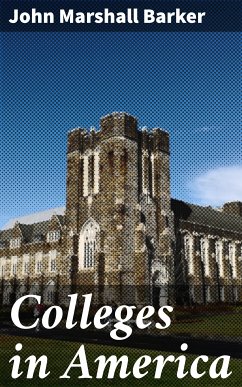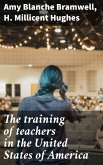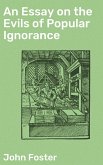In "Colleges in America," John Marshall Barker meticulously explores the evolution of higher education in the United States, examining the socio-cultural and political forces that have shaped American colleges from their inception to the present day. Barker's analytical prose weaves together historical narratives, statistical data, and contemporary case studies, providing readers with a comprehensive understanding of the institutions' roles in society. Tapping into themes of accessibility, diversity, and educational reform, the book captures the transformative power of education while engaging with pertinent debates surrounding college accessibility and funding within the modern context. As an educational reform advocate and seasoned academic, John Marshall Barker draws upon his extensive experience working within higher education systems. His scholarly pursuits and involvement in policy discussions have equipped him with a nuanced perspective on the systemic challenges and opportunities present in American colleges today. His passion for making higher education equitable is evident throughout the text, as he encourages readers to reflect on the responsibilities of educational institutions. "Colleges in America" is an essential read for educators, policymakers, and students alike, offering a profound insight into the workings of American higher education. Barker's balanced approach not only informs but also inspires critical dialogue about the future of colleges in a rapidly changing world. Readers seeking to understand the complexities of the educational landscape will find this work both informative and compelling.
Dieser Download kann aus rechtlichen Gründen nur mit Rechnungsadresse in A, B, BG, CY, CZ, D, DK, EW, E, FIN, F, GR, H, IRL, I, LT, L, LR, M, NL, PL, P, R, S, SLO, SK ausgeliefert werden.









